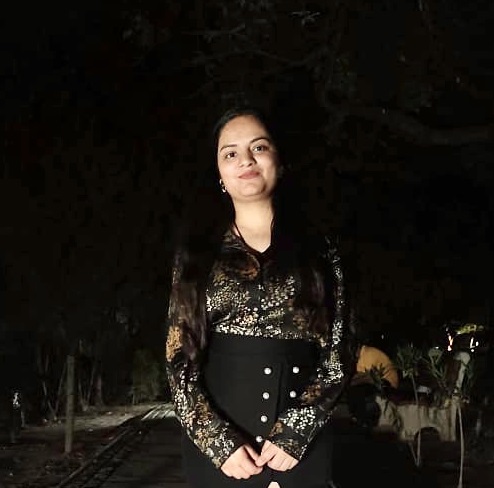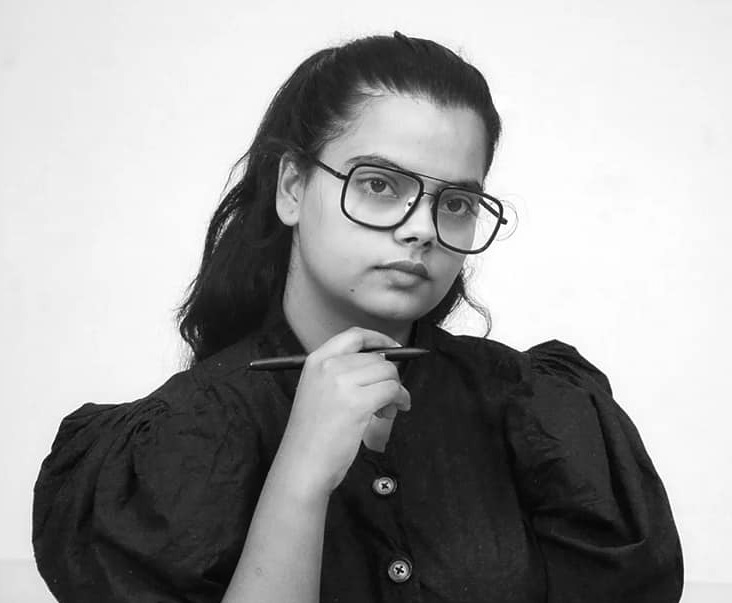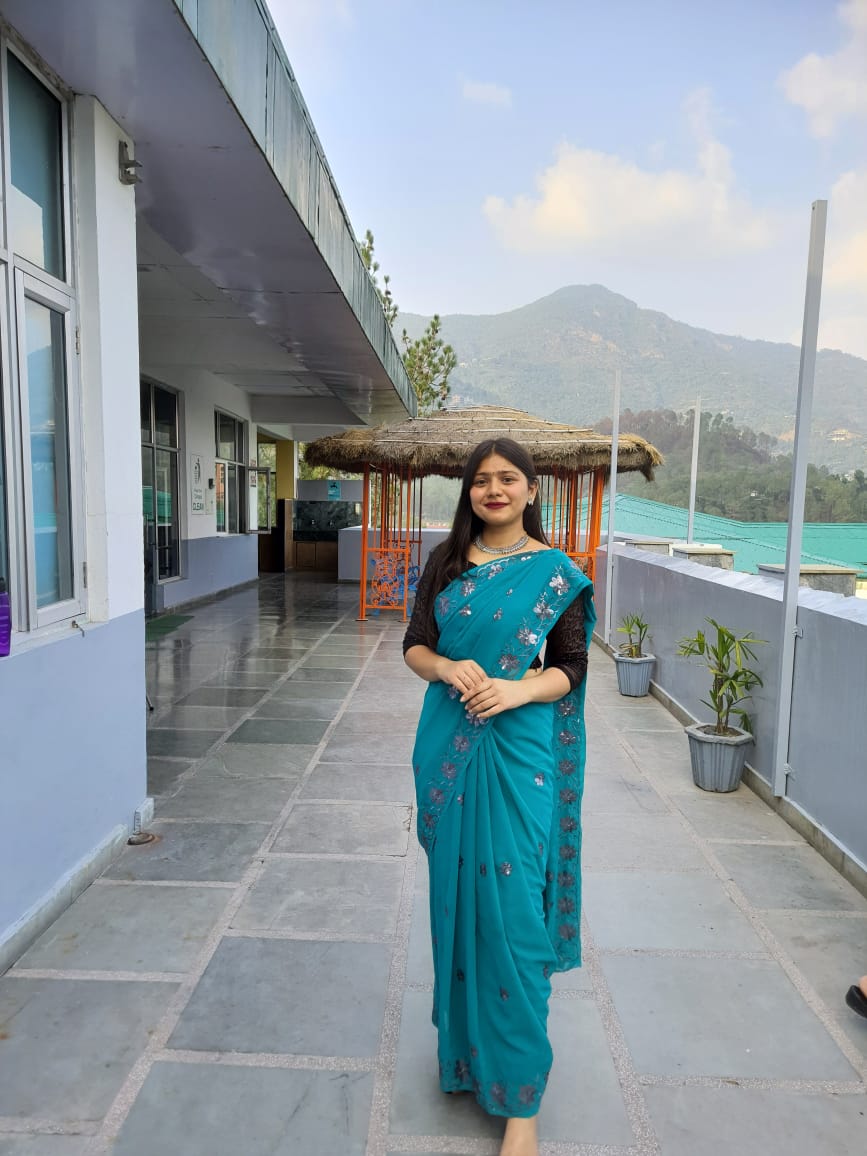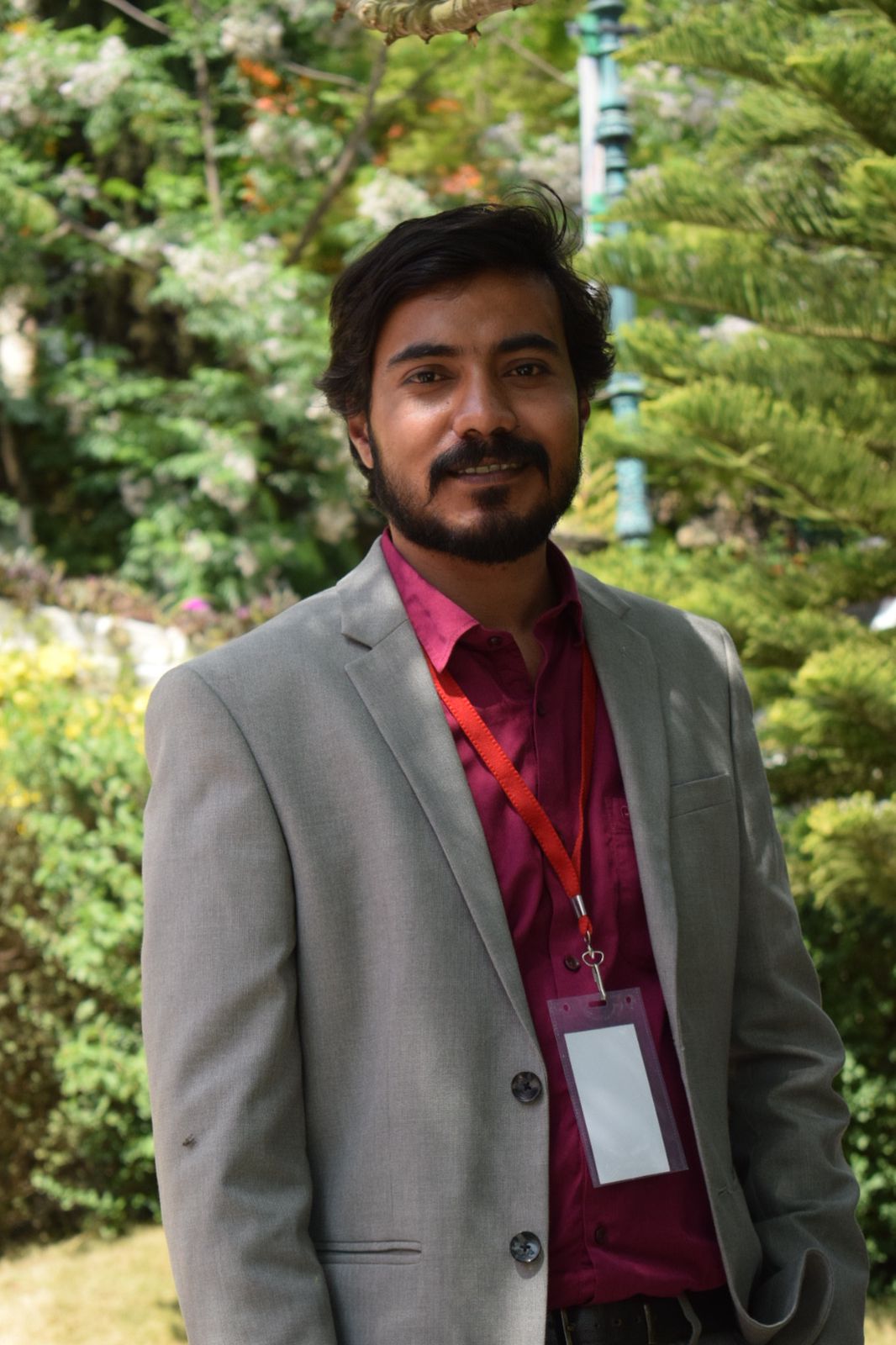MA (English Literature)
Eligibility : Graduation in any discipline with English as one of the subjects and minimum 55% marks
- Duration : 2 years
- Admission Criteria : Admission through faculty interaction
MA (English Literature) degree at Shoolini University is a comprehensive curriculum that incorporates the old with the new, the traditional with the contemporary. Students are familiarised with the history of literature down the ages and trained in the art of appreciating and critically evaluating texts. They are introduced to the broad rubric of literary studies, to literatures available in the English language and also to Indian writing in English.
Students learn to read widely, analyse and comprehend literature in various forms and genres, and learn to use their skills analytically as well as creatively. This approach helps them hone their essential skills in critical thinking, expression and research.
The vibrant department is allied with other departments of English across the country and aims at establishing global networks. It organises literary programmes at the regional, national as well as international level, collaborating with national and global academic associations.
Research Opportunities
Literary Criticism | Contemporary Literature | Feminism | Poetry | Narratology | Indian Writing in English | World Literatures in English | Film Studies
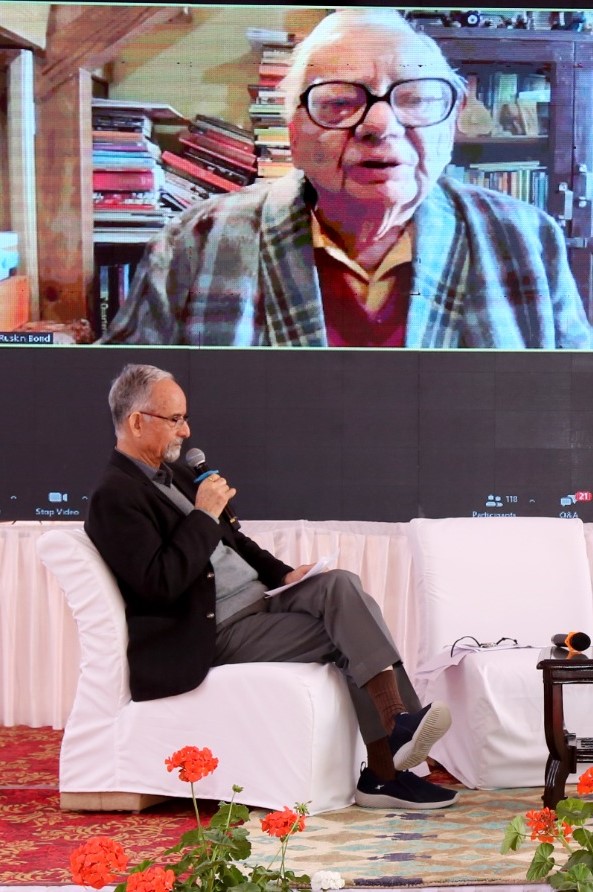
Shoolini Literature Fest
Creates a platform for exchanging ideas, networking, and appreciating literature, making it a significant event in the literary calendar.
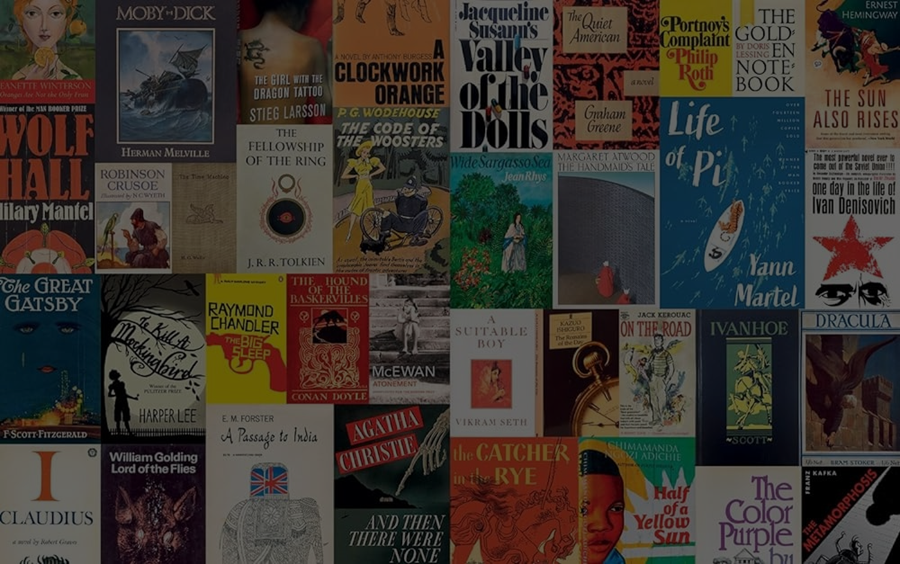
Belletristic
Shoolini’s literature society organises webinars, international conferences, book publications, book launches and discussions etc.
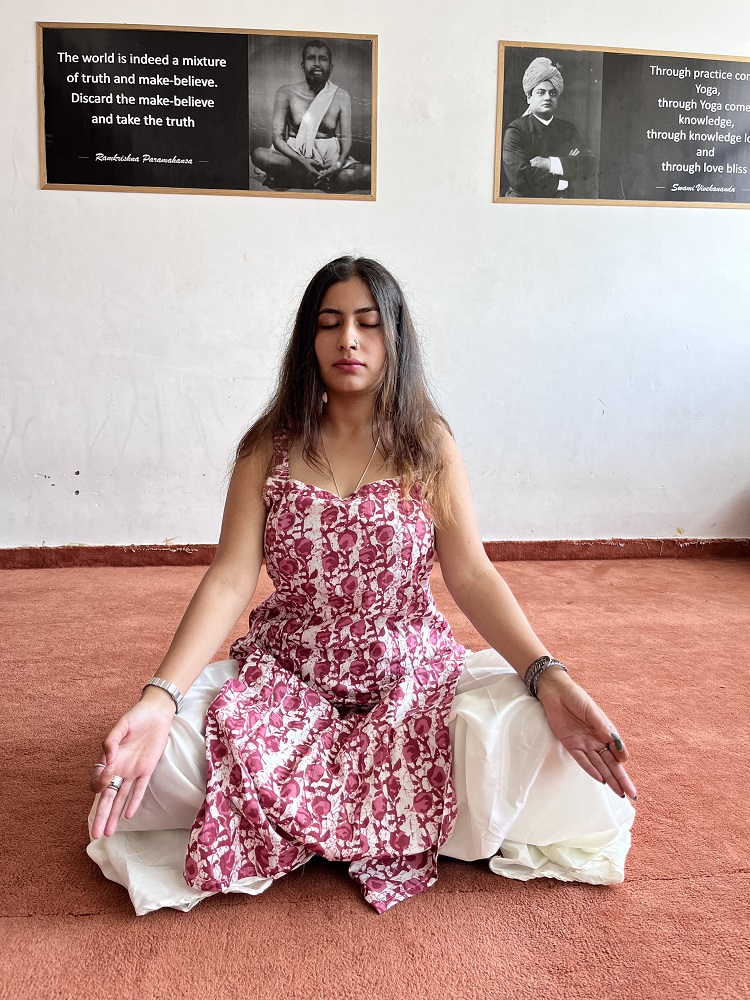
Research Centre in Yoga
The centre combines ancient Indian philosophy and spirituality with modern academic programs and sessions.
VISION
Our vision for the Master of Arts (MA) program in English Literature is to be a global center of excellence, known for producing scholars and professionals who contribute significantly to advancing literary knowledge and cultural discourse. We aspire to create a dynamic learning community that thrives A16on intellectual collaboration, embraces the challenges of contemporary literary studies, and champions the values of inclusivity and diversity. Our graduates will emerge not only as experts in their fields but also as influential contributors to shaping the future of English literature through groundbreaking research, teaching, and creative expression. By fostering a culture of innovation and intellectual curiosity, our program envisions graduates who will lead the way in advancing the understanding and appreciation of English literature in a global context.
MISSION
Mission-1: The mission of our Master of Arts (MA) program in English Literature is to cultivate advanced scholarship and critical engagement with literary texts. We aim to provide a rigorous academic environment that nurtures intellectual curiosity, fosters interdisciplinary exploration, and prepares students for leadership roles in academia, research, and cultural endeavors.
Mission-2:Our program is committed to promoting a deep appreciation for diverse literary traditions and encouraging the development of innovative perspectives within the ever-evolving landscape of English literature.
Mission-3:Embracing a commitment to excellence and diversity, we seek to empower students with the skills and knowledge necessary to contribute meaningfully to the field of English literature.
PROGRAM EDUCATIONAL OBJECTIVE
- PEO-1:Advanced Literary and Linguistic Competence: Graduates will possess comprehensive knowledge and analytical skills in English literature and linguistics, enabling them to critically examine texts from multiple eras, cultures, and genres. They will have a deep understanding of literary history, criticism, theory, and the structural and historical aspects of the English language.
- PEO-2:Proficient Communication and Research Abilities: Graduates will be able to express themselves clearly and comprehensively in both oral and written English across various contexts and genres. They will possess strong research skills, allowing them to explore literature and language from diverse perspectives and to contribute original insights to the field.
- • PEO-3:Contextual and Theoretical Analysis: Graduates will be adept at analyzing oral and written discourse, taking into account social, cultural, political, and historical contexts. They will be skilled in applying theoretical frameworks to media and public discourse, enhancing their ability to engage in persuasive communication with specific audiences.
- PEO-4:Professional Readiness and Lifelong Appreciation: Graduates will be well-prepared for advanced studies and careers in English, Public Relations, or Communications. They will demonstrate an enhanced appreciation and enjoyment of literature and language, fostering a lifelong engagement with the discipline and its various fields.
PROGRAM OUTCOME OR PROGRAM SPECIFIC OUTCOME
- PO-1:Comprehensive Knowledge and Analytical Skills:Demonstrates thorough understanding of English as a global language, including its linguistic structures, varieties, and nuances. Possesses advanced analytical skills in linguistics, communications, and literary criticism.
- PO-2:Effective Communication:Capable of accurately and precisely communicating in both spoken and written forms across various contexts and genres. Skilled in producing and editing high-quality technical English communication.
- PO-3:Breadth:Contextual Analysis:Proficient in analyzing oral and written discourse from diverse genres, considering social, cultural, political, and historical contexts. Applies theoretical frameworks to examine media and public discourse.
- PO-4:Linguistic Expertise:Conversant with the structure, evolution, and function of English, including morphology, phonology, grammar, syntax, and semantics. Recognizes and comprehends different varieties of English.
- PO-5:Professional and Academic Preparedness:Equipped for advanced studies and careers in fields related to English, Public Relations, or Communications. Engaged in persuasive communication with specific audiences and media, and understanding language's role in human attributes, society, culture, and thought.
- PSO1:The reading skills to examine literature from multiple eras, cultures, and genres with critical understanding
- PSO2:The ability to express oneself in the English Language, clearly and comprehensively, orally and in writing.
- PSO3:Research skills that enable them to expand, from a variety of perspectives, their own readings of literature and understanding of language.
- PSO4:An appropriate knowledge of relevant fields within the discipline, including literature; literary history, criticism, and theory; the language structures of modern English and the history of the English language.
MA (English Literature) Career Opportunities
- Journalism
- Public Relations
- Civil Service
- Teaching
- Corporate Sector
- Research
|
|
|
|

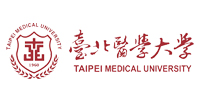
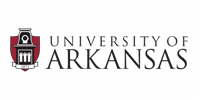
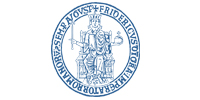
Program Details
Top Faculty
Student Voices
Frequently Asked Questions
Who teaches MA English Literature at Shoolini University?
The faculty of MA English Literature at Shoolini University comprises renowned and distinguished leaders from noted national and international universities such as Oxford, Delhi University, Punjab University, ISB etc.
What are the future opportunities after completing MA English Literature from Shoolini University?
Students of MA English Literature from Shoolini University can pursue careers in education as English teachers or professors. Additionally, they can explore roles in writing, editing, and publishing, such as content writers, copywriters, editors, or literary critics. Moreover, they have opportunities in media, journalism, research, or even pursuing further studies in the field.
How do you expose students to industry experience?
Shoolini University ensures industry exposure for MA English Literature students through guest lectures, workshops, Belletristic sessions and internships with top organisations etc. Industrial visits are also an integral part of the curriculum.
Is practical training a part of MA in English Literature?
Yes, practical training sessions, literary discussions, and field visits are also incorporated into the curriculum to provide hands-on learning experiences to students. The program provides students with both theoretical and practical knowledge in the field of MA English Literature.
What are the placement opportunities available for students who have successfully completed MA in English Literature from Shoolini?
Shoolini University has a dedicated Placement Cell that helps students secure lucrative jobs after completing their MA English Literature. Graduates find opportunities in education as English teachers or professors. They can also explore careers in writing, editing, publishing, media, journalism, research, or further studies.
Latest Blogs
Explore the latest insights and updates in our newest Shoolini University blogs!
Still have Queries? Contact Us
Please fill in the form and an expert from the admissions office will call you in the next 4 working hours.

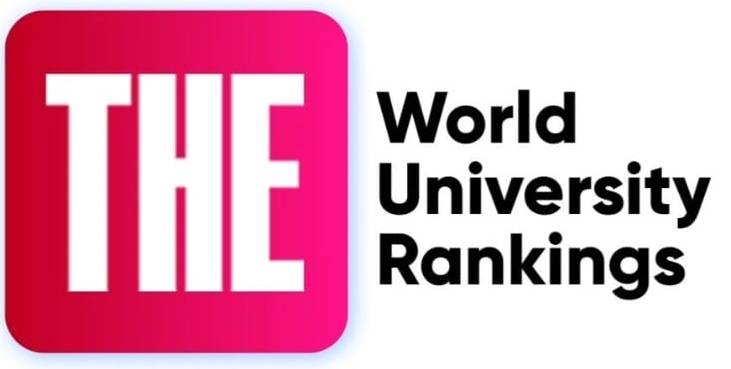

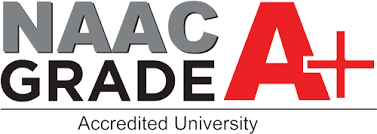
.jpg)
.jpg)
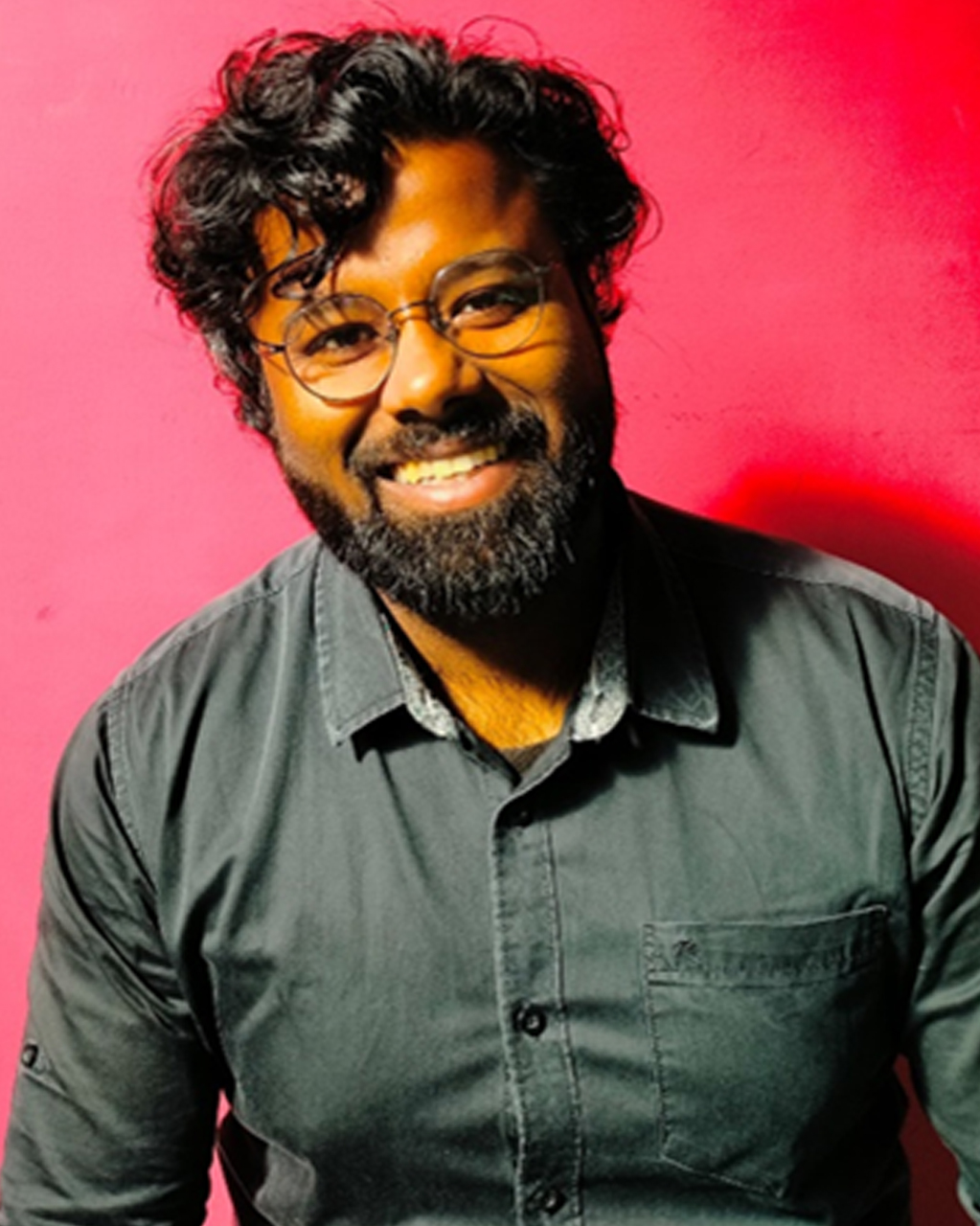
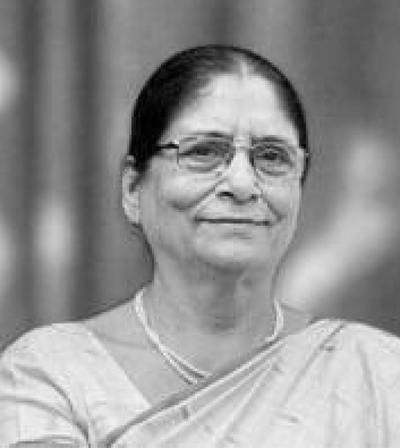
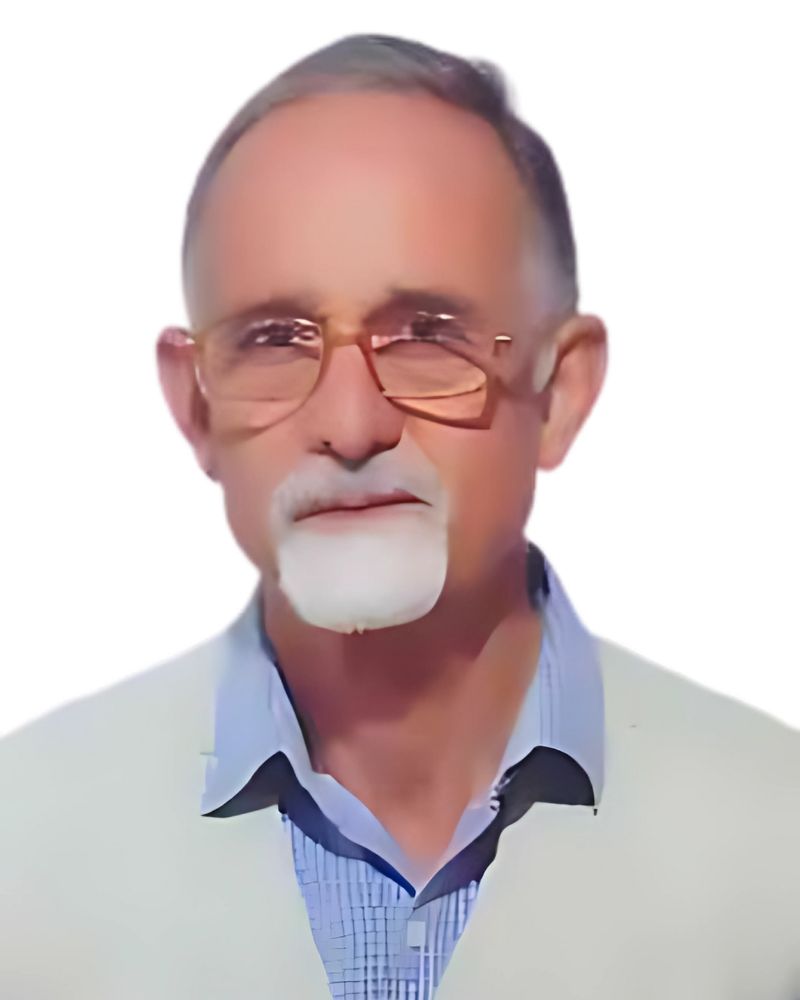
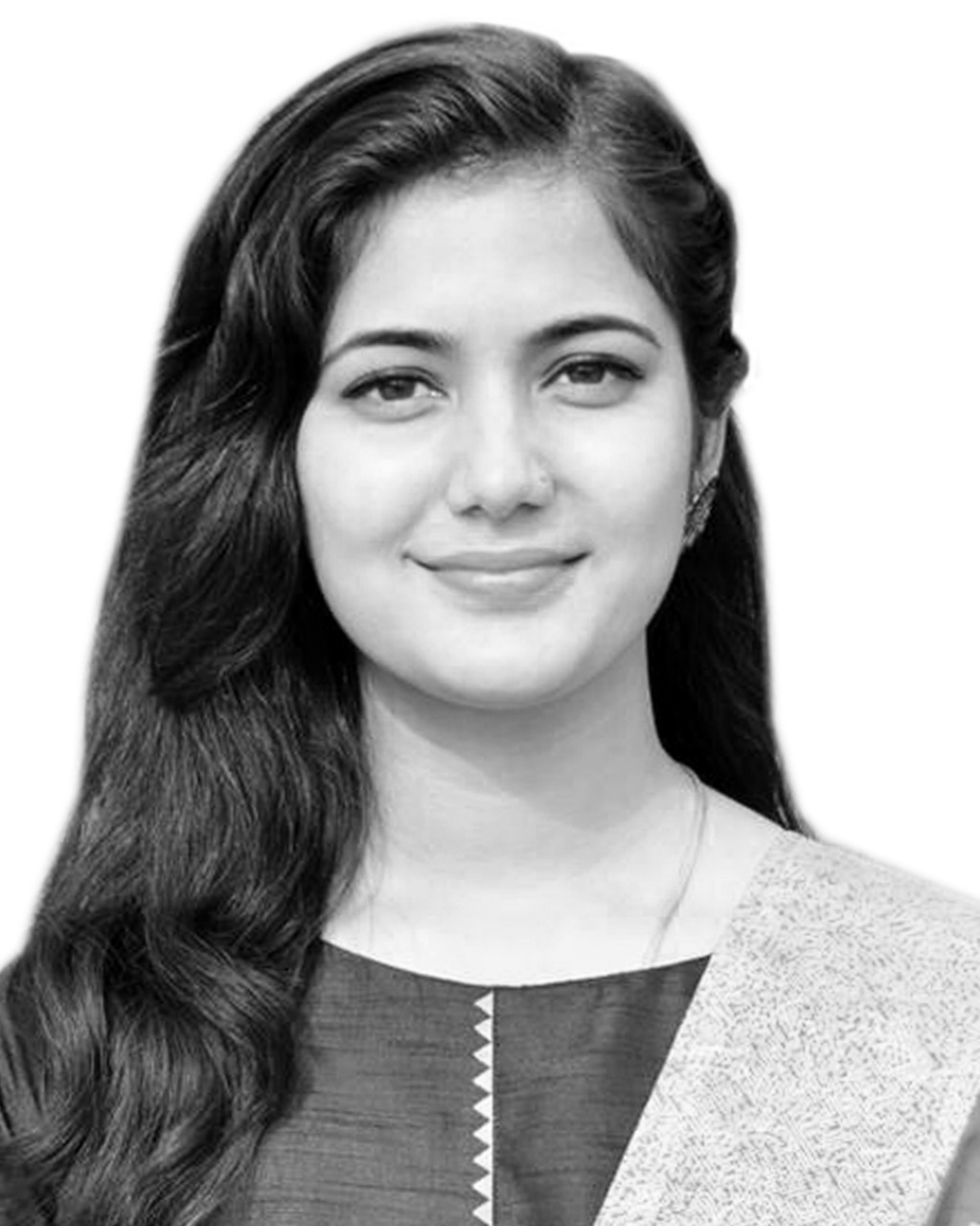
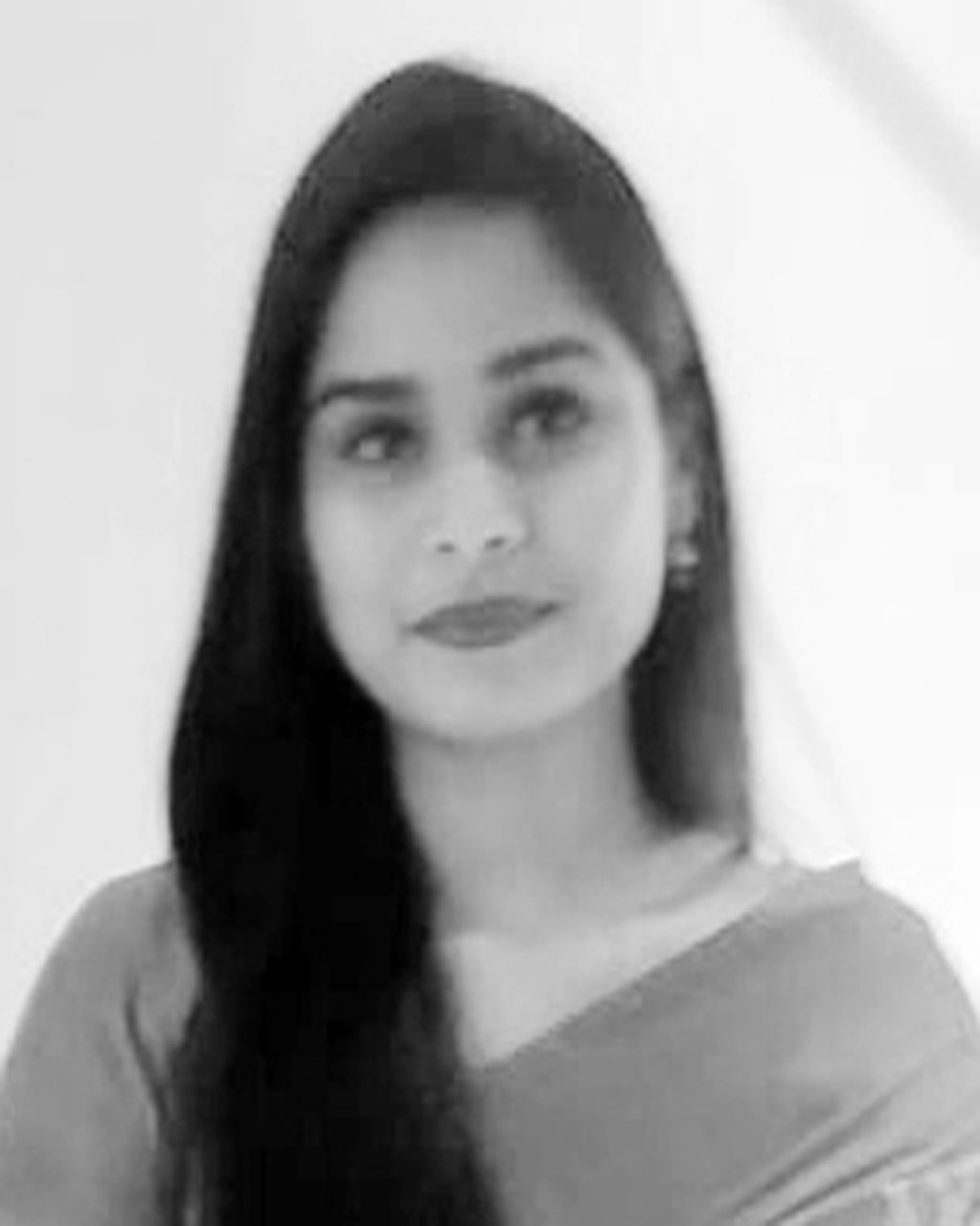
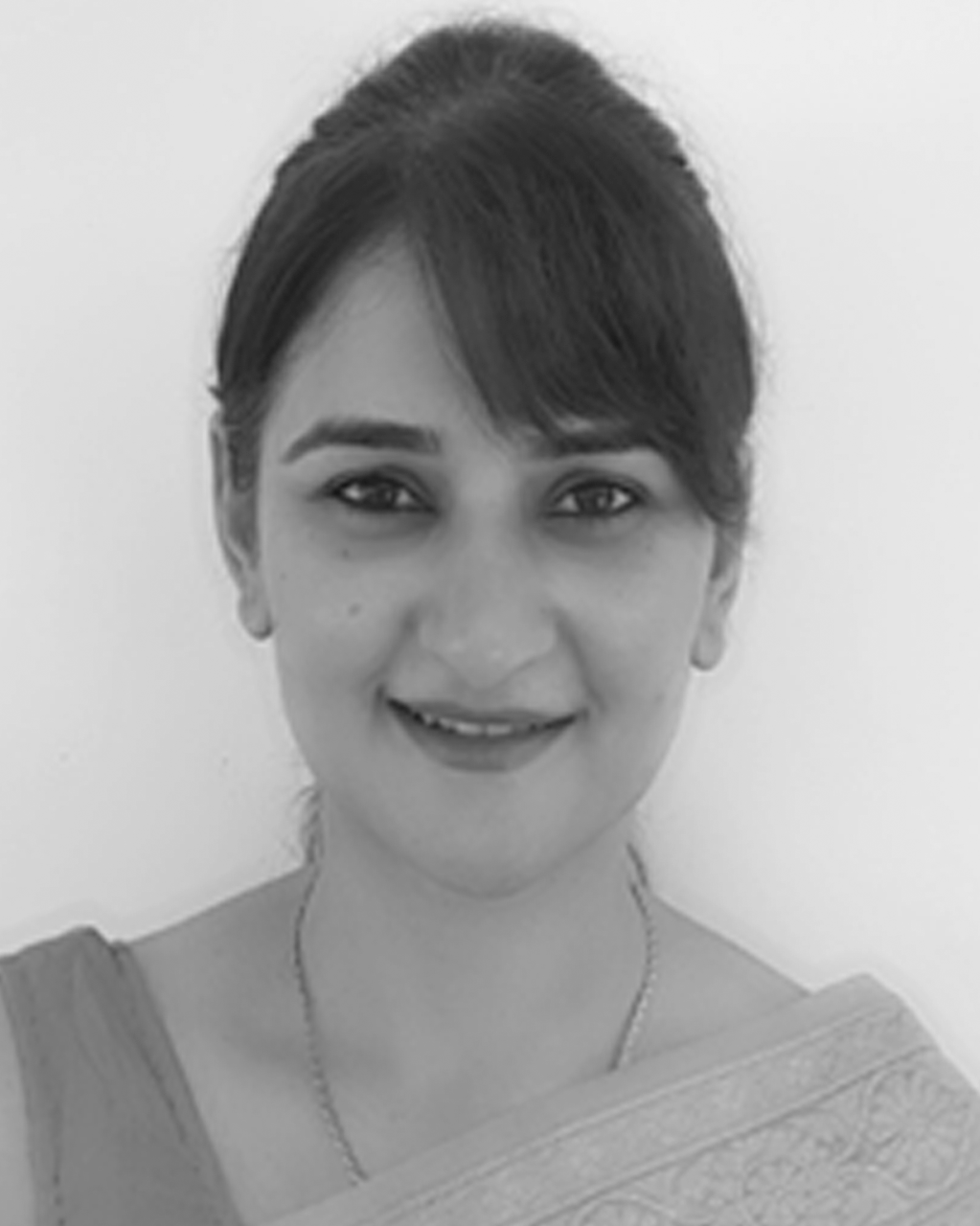
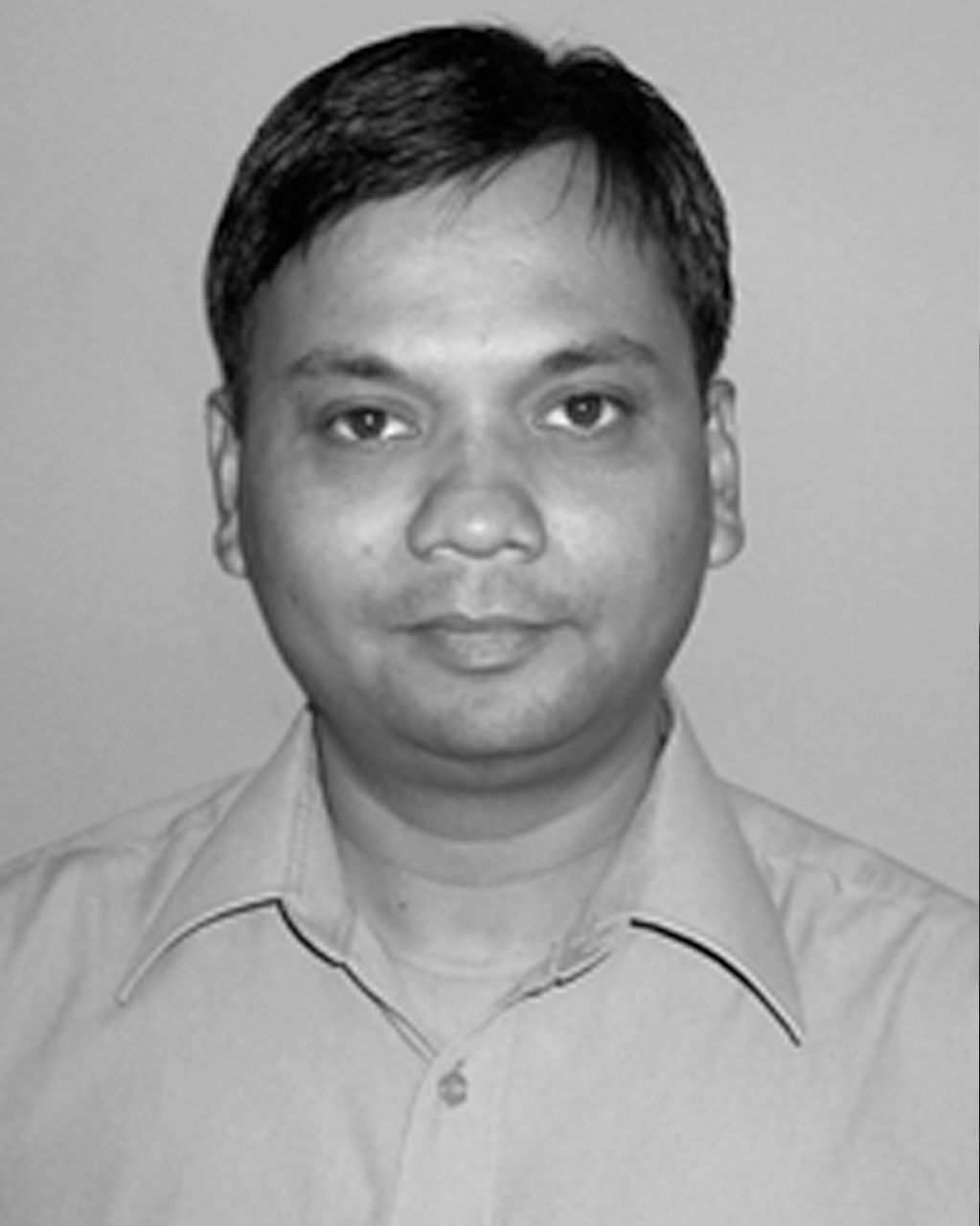
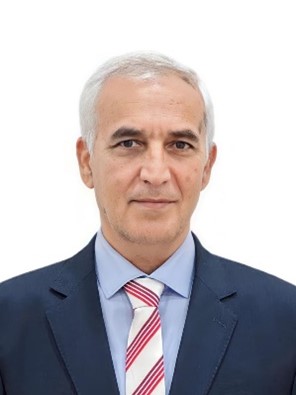
.jpg)
